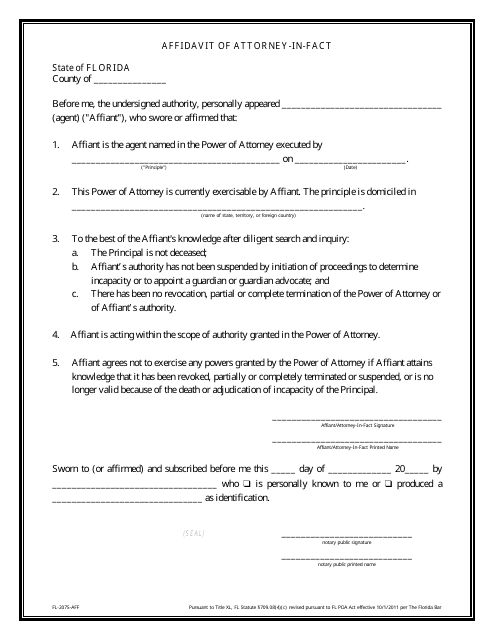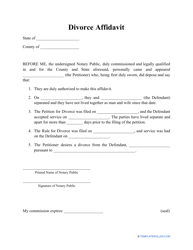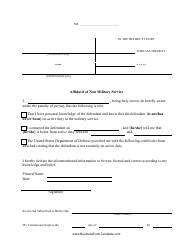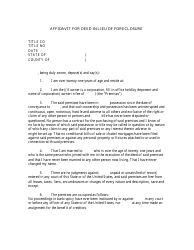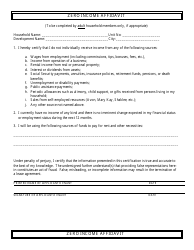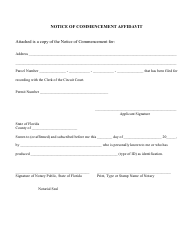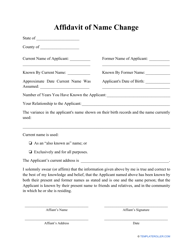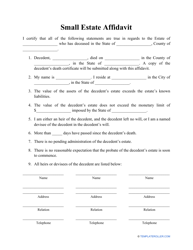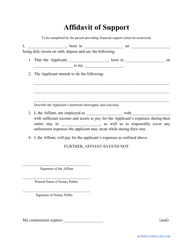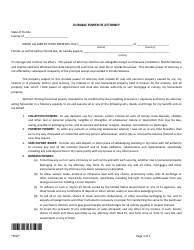Affidavit of Attorney-In-fact Form - Florida
The Affidavit of Attorney-In-Fact Form in Florida is used to legally designate someone as an attorney-in-fact or agent, empowering them to act on behalf of another person in certain financial or legal matters.
The Affidavit of Attorney-In-fact form in Florida is typically filed by the person who has appointed an attorney-in-fact to act on their behalf.
FAQ
Q: What is an Affidavit of Attorney-In-fact form?
A: An Affidavit of Attorney-In-fact form is a legal document that grants someone the authority to act on behalf of another person, as their attorney-in-fact.
Q: Who can use an Affidavit of Attorney-In-fact form in Florida?
A: Any individual who wants to appoint someone as their attorney-in-fact in Florida can use this form.
Q: How does an Affidavit of Attorney-In-fact form work?
A: The person creating the form, known as the principal, fills out the necessary information and signs the document in the presence of a notary public. This gives the attorney-in-fact the legal authority to make decisions and take actions on behalf of the principal.
Q: What powers can be granted through an Affidavit of Attorney-In-fact form?
A: The powers granted can vary depending on the specific language in the form, but they can include managing financial affairs, making healthcare decisions, and handling legal matters.
Q: Is an Affidavit of Attorney-In-fact form legally binding in Florida?
A: Yes, when properly executed and notarized, an Affidavit of Attorney-In-fact form is legally binding in Florida.
Q: Can the powers granted in an Affidavit of Attorney-In-fact form be revoked?
A: Yes, the principal can revoke the powers granted in the form at any time, as long as they are still mentally competent to do so.
Q: Do I need an attorney to create an Affidavit of Attorney-In-fact form?
A: It is not required to have an attorney, but it is recommended to seek legal advice to ensure the form meets all necessary legal requirements and accurately reflects your intentions.
Q: Can an Affidavit of Attorney-In-fact form be used for someone who is incapacitated?
A: No, if the person is already incapacitated, a different form such as a Power of Attorney or a Guardianship document may be more appropriate.
